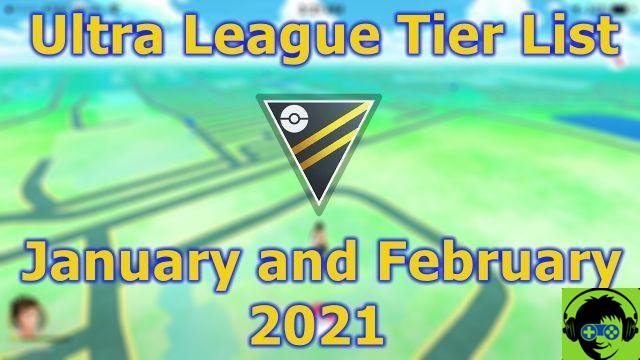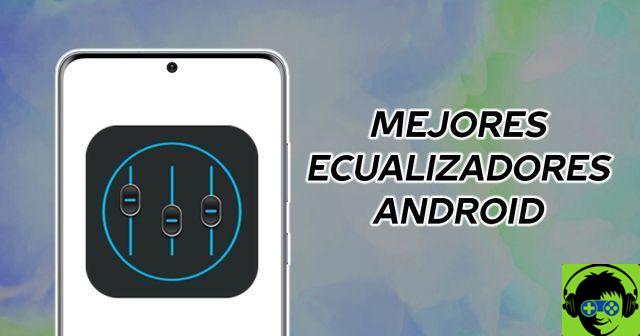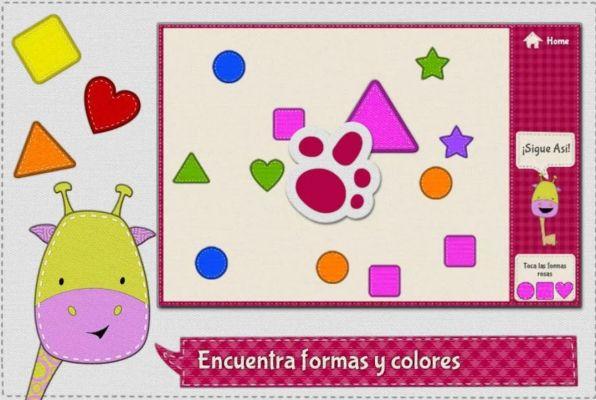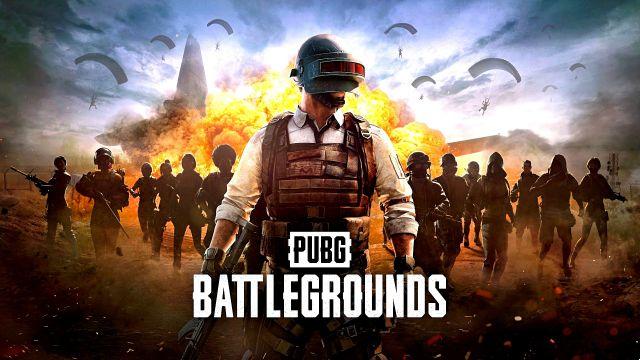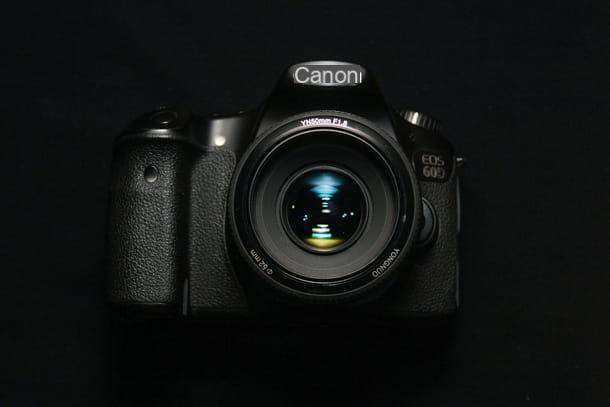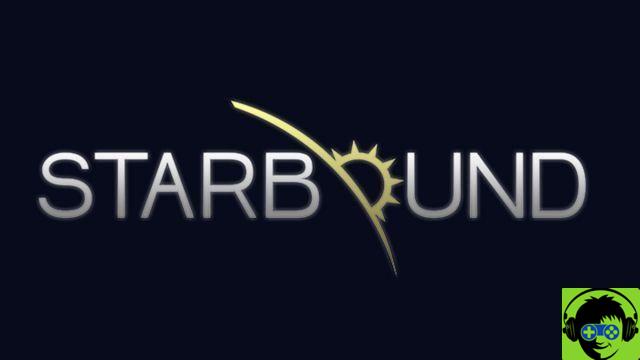
There comes a moment for almost everyone when, in a scene from a Hollywood movie, we look in the mirror and realise it's time to make the leap and become a Magic champion.
Maybe the goal is very far away, like getting to the preliminary round of a GP or participating in a Mythic Invitational, or it's much easier, like reaching Platinum on Arena or beating my friend and his "very strong" deck.
Regardless of the reason for it, wanting to improve is common in all games and happens at every level.
This article is aimed at novice players who have installed Arena. More experienced players, however, may find it interesting to review the basics.
The proposed tricks are general and go beyond the single deck or a specific edition of Magic. They are timeless tricks, useful yesterday, today and tomorrow, which will serve well for all future games. Let's see them together.
0. Read the cards
Magic is a game with an extremely precise regulation, although extensive and deep. This is a huge advantage even for novice players. Two effects written in the same way will always behave identically. This is well represented by the keywords, such as caution or overwhelm, which work exactly the same on all cards that have them.
It's also true that Magic has a huge number of different cards and it's impossible to know them all if you're new to the game. The suggestion is to always take the time to read a card, not only the ones you've never met but also the ones you think you know. As a quick rule, if you are not sure you know how to quote all the text of a card by heart then read it again, so as to avoid unpleasant surprises.
For example, as it is true that the devil hides in the details, you have to pay attention to the Mayhem Devil .
It's not limited to damaging your opponent, but it can also affect creatures and planeswalkers and, if that's useful, your controller.
1. The player makes the difference
There are 3 things that affect the outcome of a Magic game. Luck, the deck and the pilot, that is, the player. There's nothing you can do about luck. With regard to the deck, you can try to play better decks but sometimes you are limited by the budget issue, although MTG Arena is particularly benign in the panorama of free to play games.
But limiting oneself to the first two aspects is a partial view of the situation. The driver counts, because every turn, sometimes even every phase, there will be choices to make whose result is not easily visible.
To become good players you have to be aware that you can win and that it is the player's skill that makes the difference, not the inevitability of fate. This allows you to enter a relaxed state of mind, allowing you to focus on making the best choice in the game instead of worrying about losing the game or worse the rank.
Be careful not to fall into the trap of convincing yourself that you can win every match. Given the randomness, this is not the case and you have to accept it. There are games where you lost at the loading screen, no matter what choice you make. In the long run, if you play well, you will win more games than you lose.
2. Understanding the stack
The stack, stack in English, is one of the most complex aspects of Magic, unless you work in programming.
When a spell is cast, when an activated ability is activated, or when a triggered ability triggers, they don't resolve immediately but go "on the stack.
The object on the top stack is solved, i.e., you apply effects to it and remove it from there, only when both players give priority, i.e., they don't play anything, below. On MTG Arena, priority is given automatically if the player has no action to perform and has not activated control or total control (CTRL and CTRL+SHIFT respectively).
Alternatively, you can give priority by agreeing to the resolution of the highest object on the stack by clicking on "Resolve" or pressing SPACE. If a player press ENTER it will automatically pass priority until the beginning of the next round.
The objects on the stack resolve from top to bottom, with a last in first out (LIFO) logic, which is like when you take the elevator and the last one in is the first one out. A modern twist on the historical example is a poor Grizzly Bear, a 2/2 creature with no effects, on which your opponent plays Shock to inflict 2 damage and kill him.

The shock doesn't resolve immediately by killing the grizzly bear, but it goes on the stack waiting for the other player to give priority. The other player proceeds at this point to play Giant Growth on the bear.
The giant growth goes on the stack above the shock and when the other player gives the okay it will resolve first. This leads the bear to be a 5/5 and only be tickled by the shock, much to the disappointment of the opponent.
Understanding this simple interaction is essential to play better using the opportunities during the game. In reverse roles we may choose to kill a grizzly bear targeted by giant growth with our shock before the growth resolves and the bear gets out of hand.
3. There are two main phases
Sounds trivial, doesn't it? On Arena we have 3 different points in front of us where we're reminded of the structure of the turn. Initial phase (stap, maintenance and acquisition), first main phase, combat phase, second main phase and finally final phase.
If waiting for the second main stage doesn't bring us any disadvantages, it's better to play there creatures and lands that can only be played during your main sentences.
This allows us to give as little information as possible to the opponent during the combat phase, which is usually crucial for the outcome of the matches.
We continue with the example of the bear and the shock, assuming we are in the third round ready to attack with our bear.

If we play a creature and go tapped out, i.e. use all our available mana, during the first main stage, our opponent won't be afraid to play shock on our bear.
You may even choose the other creature to be a better target for the shock and decide to play by maximizing the impact of your cards.
If instead we go into open combat, i.e. with available mana, the opponent could fear a giant growth even if we do not actually have it in our hands and could, in general, be induced to make the wrong choice. In the second main phase we can still play what we didn't play in the first main phase, without any damage to our strategy.
Be careful not to abuse this advice. There are situations in which playing before the fight is important or useful.
Creatures with speed should be played in the first main stage if we want them to attack in that turn. Another example: Playing a creature in the first main phase can increase the total of our creatures to 3 by boosting our Leonin Vanguard during the combat phase and giving us a life point.
4. The only important life point is the last one.
Everything in Magic is an asset and life points are no exception.
You don't have to be afraid of losing life points if it improves our situation at stake and, consequently, our chances of winning. This tip is especially relevant during combat, when there may be a temptation to chump block, or send one's own creature to die by blocking a much stronger attacking creature.
Would you use a 1/1 to block a 5/5 if you were at 5 life? The answer is obviously yes, unless you've forgotten how to read or are exhausted after a 10-hour tournament. And if you were at 200 life points would you do it? Probably not. Magic usually starts at 20 life, so it's often not necessary to block a creature with 2 strength in the early stages, especially if blocking would cost us losing one of our creatures.
The hypothetical sacrificial lamb we send to chump block could have a useful effect later on, like a llanowar Elves or a more trivial Mentor of the Meek could become useful for making double blocks later in the game.
So never panic over life points, the only life point that counts is the last one. That one is not lost, all the others are expendable.
5. Knowing the fight and its keywords well

Fighting, at least in younger formats, is one of the most important moments of the game. It's essential for a good player to know at a glance what happens if one creature blocks another. You need to become familiar with the keywords of combat, such as overwhelm and sudden attack, to be quick in reading and interpreting the state of the game.
For example, a good player doesn't need to think to know that a 2/3 creature can block another 2/3 with a sudden attack with no casualties on either side. An Orzhov Enforcer won't kill a Pouncing Lynx attacker. The same creature blocking will kill a Thundering Ceratok, but it will die in the process and 2 damage will come to the player.
Since the board state can quickly become complex when stalled, being able to "see" these results quickly allows you to analyze situations with many creatures on both sides within the maximum time. This allows you to assess whether it's appropriate to make an all in attack, whether it's better to use only some of your creatures to attack, or whether to just stand still and wait for better times.
In addition to this, situations happen in combat that can be disorientating the first time they are encountered. A 5/5 with overwhelm and lethal touch will only deal damage to a 5/5 that blocks it, inflicting 4 damage to the defending player.
As training to improve in this area, I suggest you get into the habit of hypothesizing what is going to happen before the allocation of blockers and check, after the damage, if what was hypothesized has happened.
Conclusions
A game as deep as Magic requires a lot of training to become an expert, but it gives great satisfaction. The most important suggestion of all: never think you've "arrived", there's always something to learn and train to get even better.





